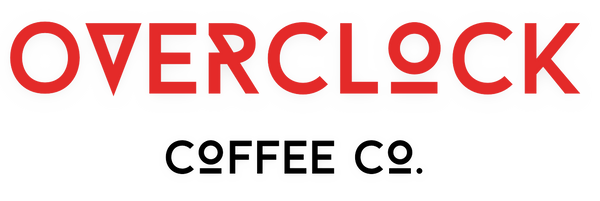
What Is Dungeons and Dragons? (D&D)
What Is Dungeons and Dragons? (D&D Explained for Beginners)
Whether you've heard about it through "Stranger Things" or from your local game shop, Dungeons & Dragons (often shortened to D&D) is more than just a board game; it's a gateway to limitless imagination. First released in 1974, D&D has evolved into the most iconic tabletop role-playing game (TTRPG) in the world, combining storytelling, strategy, and social collaboration into one unforgettable experience (Peterson, 2012).
The Basics of D&D
At its core, D&D is a game where players create fictional characters and guide them through adventures in a fantasy world, guided by a storyteller known as the Dungeon Master (DM).
Key Concepts:
- Characters: You can play as elves, dwarves, humans, and other fantasy races. Your class (like wizard, rogue, or fighter) determines your abilities
- Dice: Most decisions are made using polyhedral dice, especially the 20-sided die (d20).
- Roleplaying: You act out your character, making decisions as if you were them.
- Combat & Strategy: Players often battle monsters and solve puzzles using tactics and creativity.
Why Is D&D So Popular?
Dungeons & Dragons has seen a massive resurgence in popularity, especially among younger audiences and creative communities. Its cultural impact is undeniable, influencing video games, books, and even Overclock Coffee Co.’s own themed offerings like Dragon’s Breath Roast or Zombie Espresso Antidote. These blends were made for late-night dungeon crawls and fantasy-fueled campaigns.
Fun Fact: D&D campaigns can last for weeks, months, or even years. Some players have continued the same story for decades (Tresca, 2010).
How to Get Started with D&D
You don’t need much to begin:
- Player's Handbook (5th Edition is the current popular version)
- A set of dice
- Character sheets
- A group of friends (or find a group online)
- Snacks, drinks, and a bag of Cinna-Bun Games coffee to stay energized
- Want to keep it digital? Tools like Roll20, D&D Beyond, and Discord make it easy to play remotely.
D&D and Coffee: The Perfect Pair
Campaigns can stretch for hours. That’s why many dungeon masters keep a pot of coffee brewing beside the rulebooks. At Overclock Coffee Co., we’ve seen D&D fans favor French Toast Capacitor for early morning sessions and Caramel Uprising for a late night pick me up.
Pairing your brew with your character class? Here’s a quick guide:
| Class | Coffee Pairing | Flavor Profile |
|---|---|---|
| Wizard | Zombie Espresso Antidote | Bold, nutty, high caffeine |
| Rogue | Cookies and S’Creams | Sweet, vanilla, dessert-like |
| Paladin | Caramel Uprising | Salted caramel strength |
| Bard | French Toast Capacitor | Playful, maple-cinnamon |
Final Thoughts
Dungeons and Dragons is more than dice and dragons; it’s about friendship, creativity, and epic storytelling. If you're ready to embark on your own fantasy adventure, start with good friends and great coffee.
And remember: critical hits are great, but critical sips? Even better.
References
Peterson, J. (2012). Playing at the World: A History of Simulating Wars, People and Fantastic Adventures. Unreason Press. https://www.playingattheworld.blogspot.com
Tresca, M. J. (2010). The Evolution of Fantasy Role-Playing Games. McFarland. https://mcfarlandbooks.com/product/the-evolution-of-fantasy-role-playing-games/
Wizards of the Coast. (2023). Dungeons & Dragons Player's Handbook (5th Edition). https://dnd.wizards.com
Sullivan, L. (2021). Dungeons & Dragons and the resurgence of tabletop gaming. The Guardian. https://www.theguardian.com/games/2021/feb/23/dungeons-and-dragons-resurgence-pandemic
